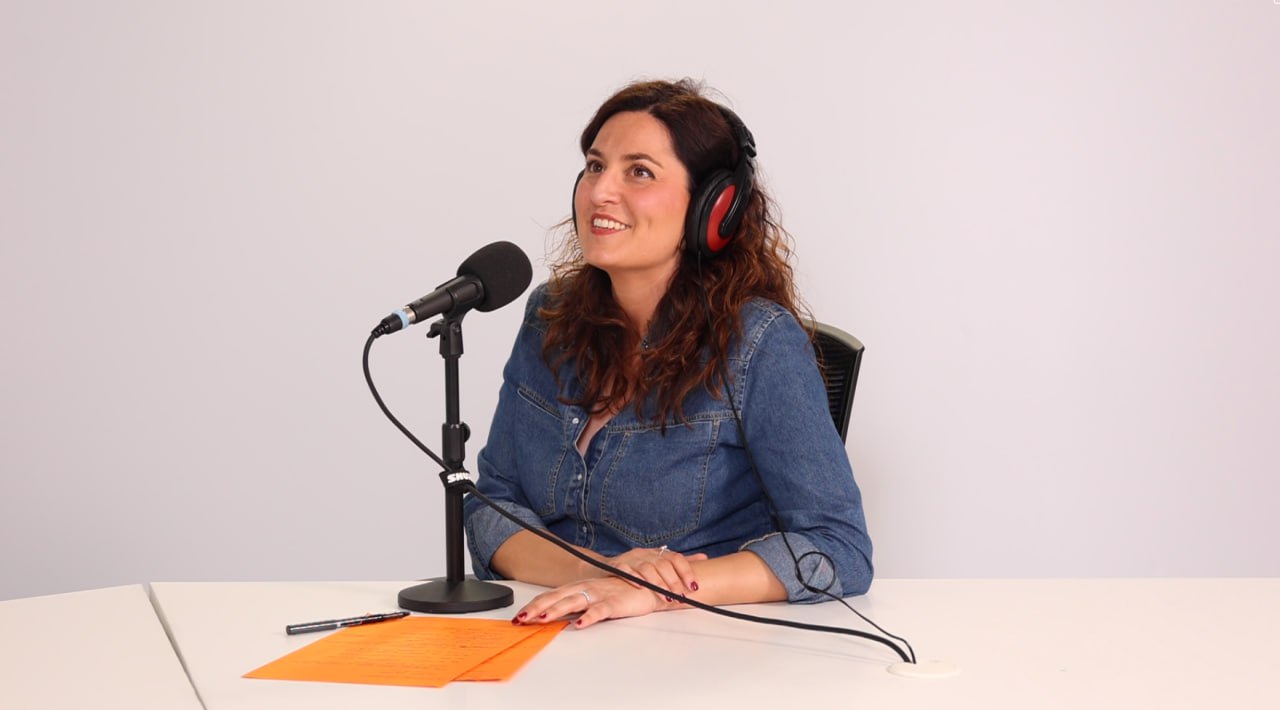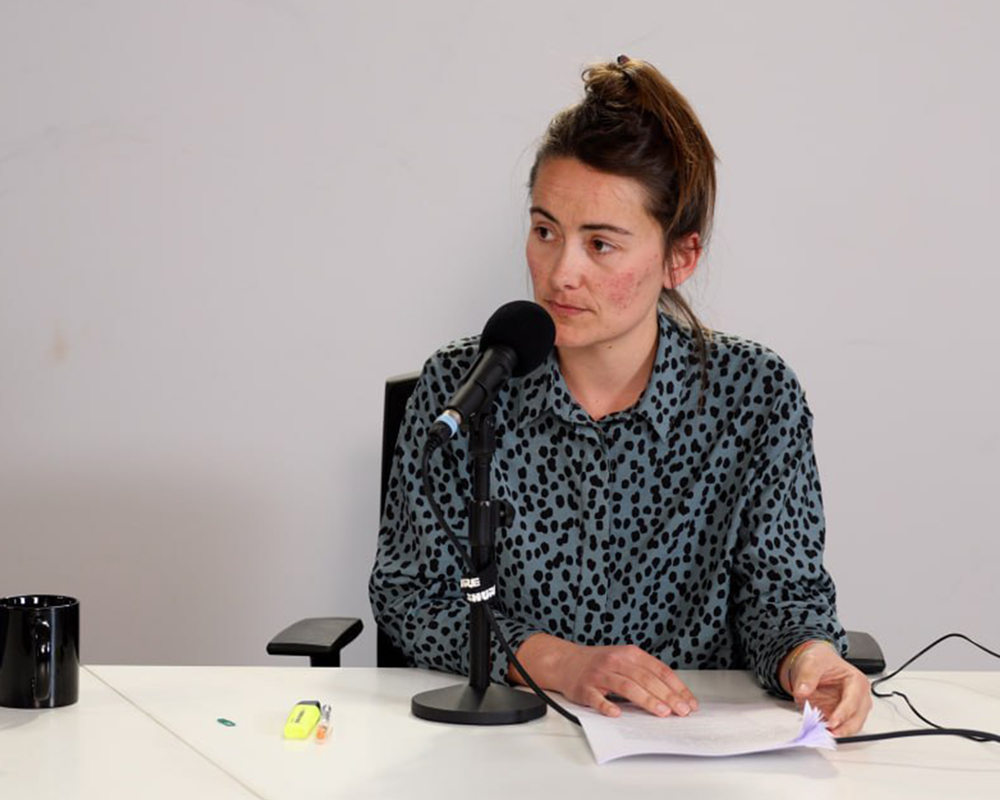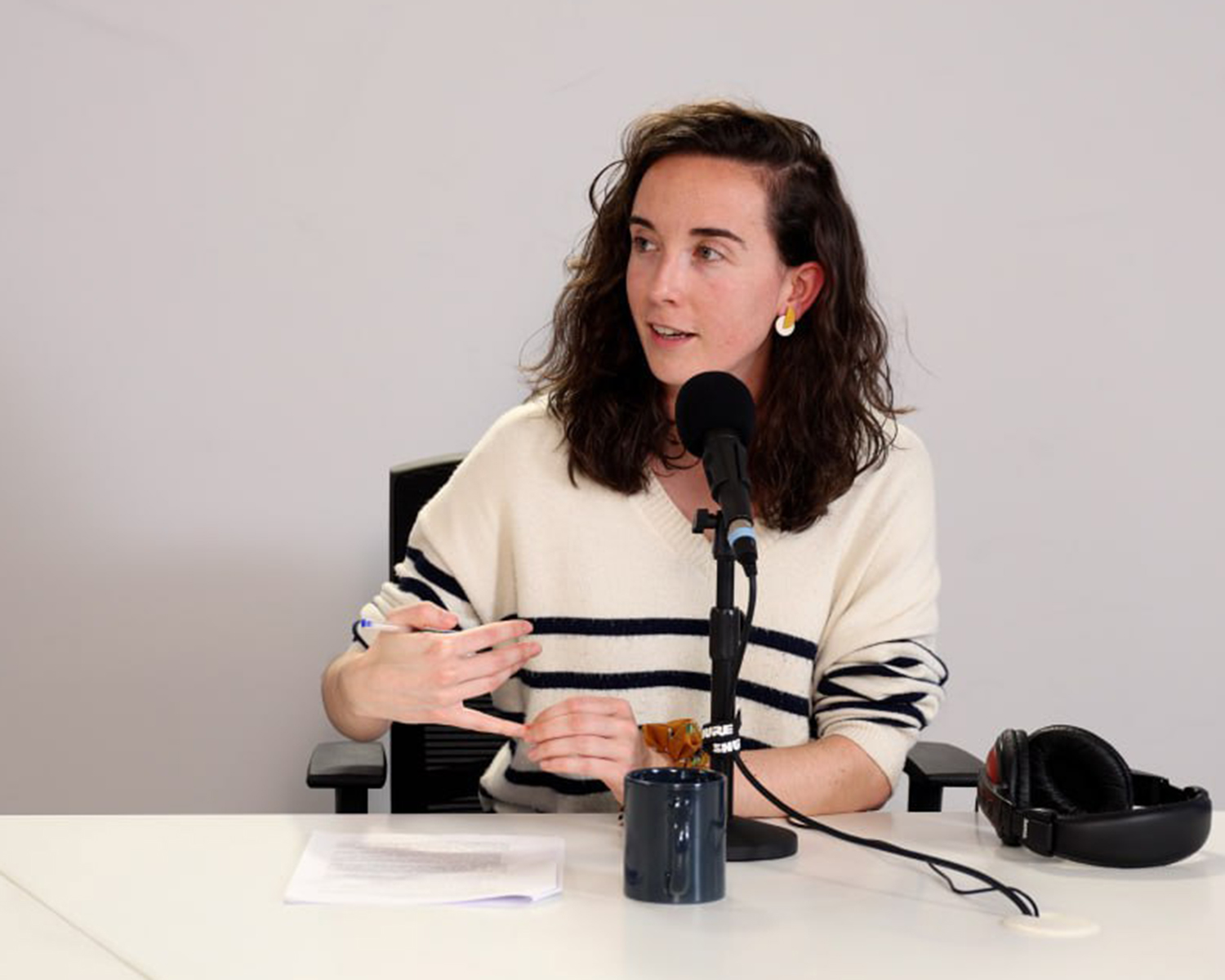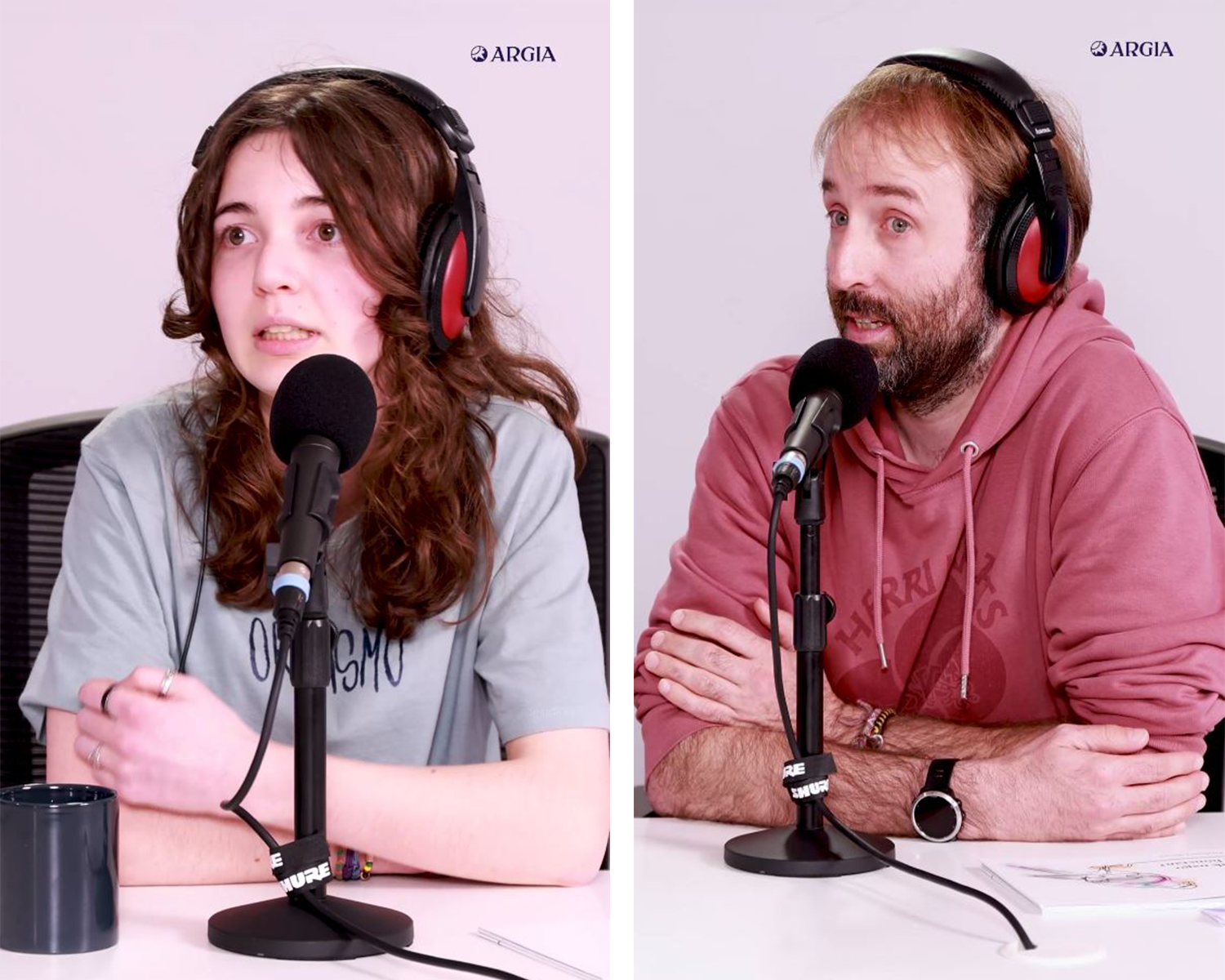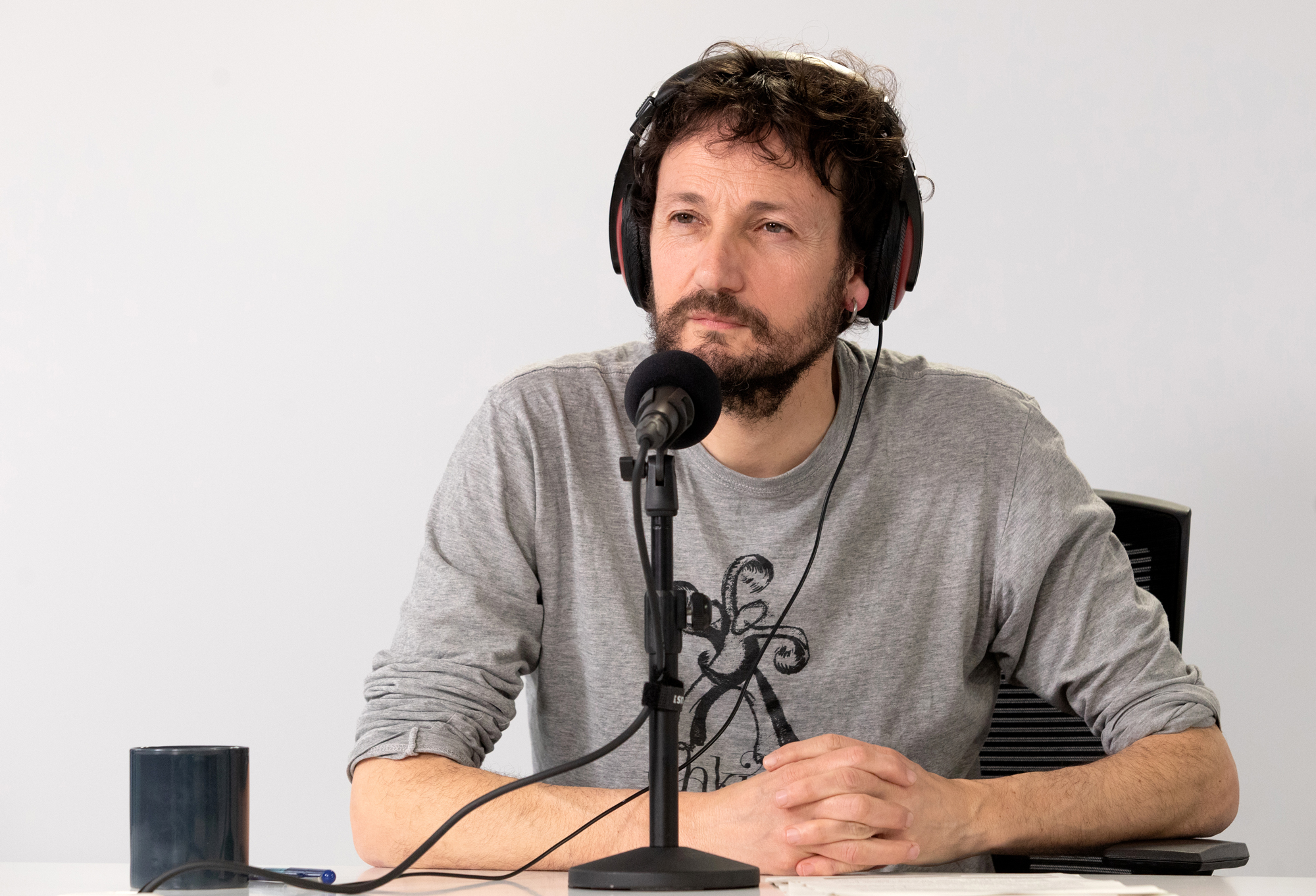Let's shut up, even for a moment.
In the waiting call to the health center, in the corridors of the supermarket, in the changing rooms of the sports center... We fill moments that can be silences with sounds. Why, for what? Does silence disturb us? For the internal considerations that you can create for us? The eighth session, and the question of the eighth session, is: what is silence?

“In the middle of media noise”... we called readers to subscribe to LA LUZ, up here, before starting any article. Do you remember me? Until recently there was a box, maybe you passed it without looking... and although the box has disappeared, the door to join the community remains open, e.
Noise can be of many types, but all noise is the opposite of silence. Eva Domingo thinks we're addicted to noise. He has been the eighth and in principle the guest of this last session of the podcast Wild Questions. Domingo wanted to make a contribution to society through journalism, but when she became the mother of two children, she began to listen to the curiosities and questions of her two children, she changed her profession: He is one of the founders of the Philosophy of Curiosity association, which carries out philosophical workshops with young people from school to school, from classroom to classroom, throughout the school year. It starts long processes because the results are not in any hurry. Among many things, the reflection on silence is well preserved.
Since they both work with children, Domingo and Iñigo Martínez reflect on their connection to silence in the podcast, but they also leave other reflections: “The real drama is that this terrible noise that flows outside has entered our interior and is causing us to become addicted to it.”
We invite you, listener, and in this case reader, to remain silent. You have to be quiet to listen, even to read.
“There is too much noise to hear each other, even to hear oneself.” You've heard that phrase. But what do we do to turn this around? At the very least, we should know why we want to get away from that big noise, what we want and/or need to keep being ourselves. And what we need as a society, according to Domingo, is silence: silence, in order to later seek silence within oneself. The way we feel; the need to respond to it has been considered fundamental. Because if you notice that you are experiencing anxiety, stress and/or restlessness, that life is fleeing, maybe what you need is that: silence.
How do children relate to silence?
This is the question asked by Martínez and the answer is clear to Domingo: we have imposed silence on the children. Silence seems to be a sign of order: “Many children experience the need to remain silent in the form of punishment.”
There is another question here, the culture of dialogue and debate. In fact, dialogue requires one to be silent and the other to speak, to develop normally, but Domingo says that we do not have such a culture. On the other hand, the debate is: “If there is a debate about oppressing the other, and that is accepted in our society, that is what we teach them.”
So, how to put the kids in the conversation? Many times, when they feel so much desire to talk and stop listening... Many of these experiences are covered in the podcast.
This podcast is the last. The Wild Question goes to silence because silence is necessary to think, to reflect, to reflect. To philosophize. They've left us too many wild questions to keep talking without silence for the eight sessions. Who knows if, after taking the silence and reflecting on these many issues, we will return...








